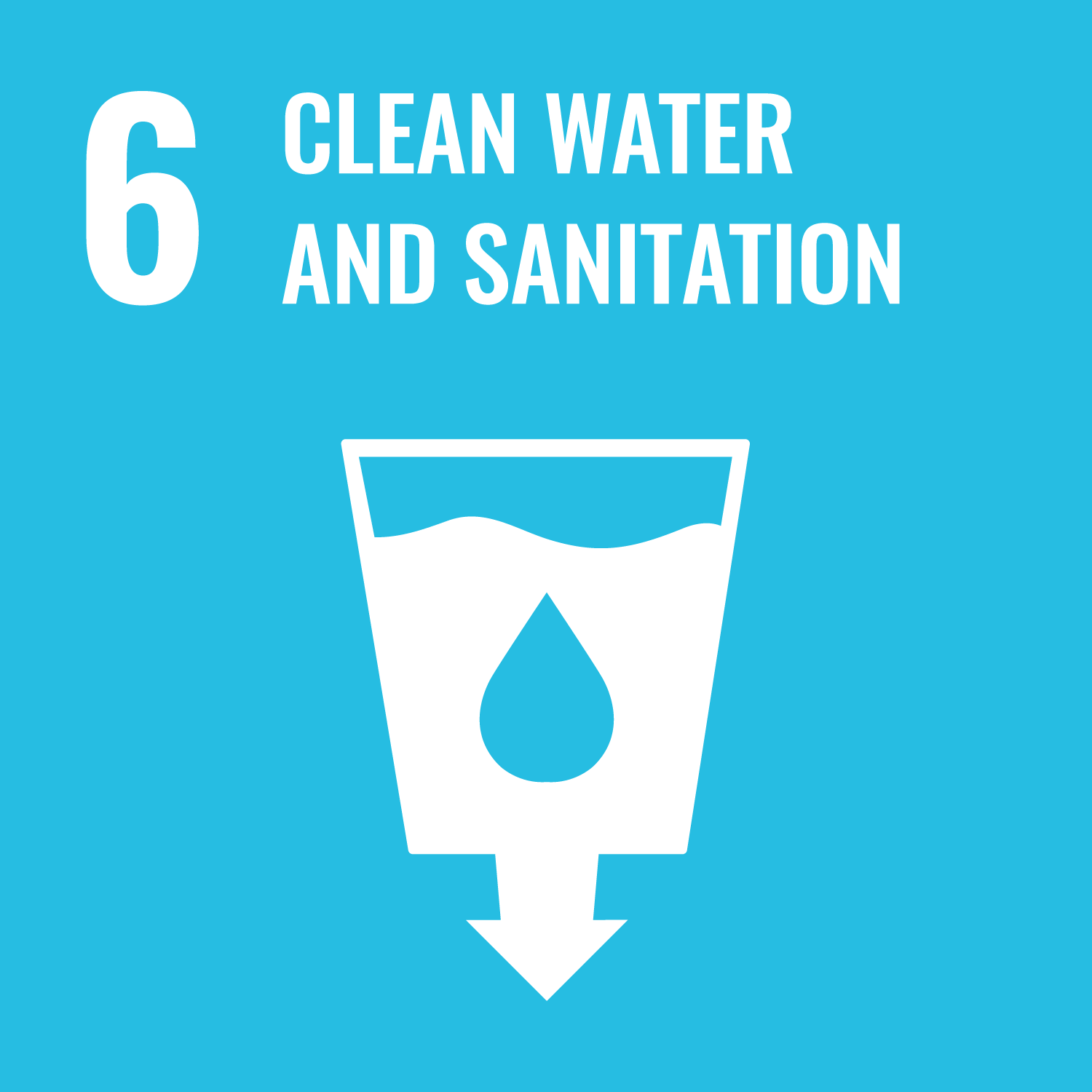The subject of “Environmental System” is extensive and deeply related to human life and society. The course requires students
to study their own research subject and write a thesis or complete design drawings under the direction of a supervising professor
and associate supervisor.
Students are expected to choose and set their own research subject regarding architecture, urbanism, environmental studies,
social science studies. Students should develop the idea, knowledge, technique collected in 4 years of study in the colledge,
write a thesis or complete design documents and make a presentation.
- Summarizes studies and educational experiences in the college, set out the appropriate research subject
- Execute logical thinking through assumption, research, experiment, and inspection on the selected subject
- Draw up an appropriate research summary on the subject and conclusion. Make a clear presentation to the audience including supervising professors
- Active and autonomous research attitude should be expected.
- Students are able to evaluate the themes and results of their own research not only from the perspective of their area of specialization, but also from global, cross-disciplinary, and interdisciplinary perspectives, using systems thinking to evaluate multiple aspects and explain the significance of their work.
The aim of Building/Urban Environmental Engineering is to ensure people live and work in a safe, comfortable, efficient, and
healthy environmental space. At the Building Environmental/Urban Environmental Engineering Laboratory, studies are underway
to outline the ideal “environmental infrastructure”suitable for supporting the building and urban environments from the perspectives
of both “social capital” (i.e., building equipment, urban installations, etc.) and “natural capital” (i.e., natural elements).
We are engaged in research in the areas outlined below from an environmental engineering perspective—i.e., focusing on systems
and mechanisms that support building and urban environments, and studying the mechanism by which such environments are created—and
from the perspective of facilities engineering—i.e., system design of environmental control to achieve a desired condition.
Through these activities, our laboratory actively promotes a hands-on approach to contributing to the local community, which
has a high degree of social significance.
| Activities, presentations, accomplishments, in each laboratory | Mid-term Review | Synopsis | Thesis | Presentation | Total. | |
|---|---|---|---|---|---|---|
| 1. | 5% | 5% | 5% | 5% | 5% | 25% |
| 2. | 5% | 5% | 5% | 5% | 5% | 25% |
| 3. | 5% | 5% | 5% | 5% | 5% | 25% |
| 4. | 5% | 5% | 5% | 5% | 5% | 25% |
| 5. | 0% | |||||
| Total. | 20% | 20% | 20% | 20% | 20% | - |
Evaluation should be done with the Activities, presentations, accomplishments, etc. in each laboratory, mid-term review, the
synopsis, the thesis and the presentation.
- Laboratory seminar guided by the supervising professor
- 原則として、日曜日を除く
Regionally-oriented graduation thesis, master's thesis and doctoral dissertation
- Course that cultivates an ability for utilizing knowledge
- Course that cultivates a basic problem-solving skills
- Course that cultivates a basic self-management skills
| Work experience | Work experience and relevance to the course content if applicable |
|---|---|
| Applicable | Taking advantage of experience engaged in Urban Redevelopment projects and R & D project of building equipment system (including patent application) and business management of construction company, we teach concepts required for the promotion of environmental city and the development of environmental building.With the cooperation of companies, municipalities and research institutes and other institutions, practical experience personnel will carry out practical education. |









- 3.GOOD HEALTH AND WELL-BEING
- 6.CLEAN WATER AND SANITATION
- 7.AFFORDABLE AND CLEAN ENERGY
- 8.DECENT WORK AND ECONOMIC GROWTH
- 9.INDUSTRY, INNOVATION AND INFRASTRUCTURE
- 11.SUSTAINABLE CITIES AND COMMUNITIES
- 12.RESPONSIBLE CONSUMPTION & PRODUCTION
- 13.CLIMATE ACTION
- 17.PARTNERSHIPS FOR THE GOALS
Last modified : Wed Jul 06 04:06:10 JST 2022
